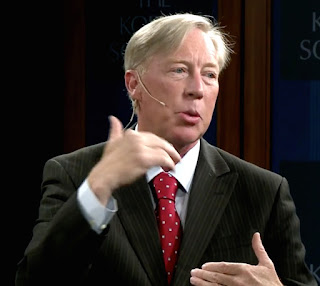We all see organizations seeking to become more adaptive and innovative, Change is often the most challenging part of the transformation. Layer on COVID-19.
To achieve current growth goals and expectations demands new behaviors from leaders and employees that are often antithetical to their corporate cultures.
For example, my Korea work often centers around where historically norms were tied to Confucian and decades of accepted business practices.
That said, surprisingly even in Western operations for Korea Groups I often see changes that has become widespread in Korea, still lingering in overseas offices—some assigned there clinging on to the past and in some cases practices and oversight they see benefiting their careers.
My Approach
Tackling change and specifically targeting “what to change” takes deep insights into the culture and as well as an understanding of the many changes currently already underway.
I’ve found change can’t be achieved through top-down mandates or a slick boilerplate agency program.
We need to be hands-on and sensitive to how best to shift those so long bound by the old norms and hesitate to change. Not easy for some.
That and many Western teams and leadership, especially those new to working with Korea, can't just want to jump in and make changes without fully understanding the overall dynamics.
My findings are that if we probe many of the most outstanding issues are more one-sided communication in nature—with gaps, for example, in the approach to tackling projects.
In my advisory practice, a first step would be to identify the core issues then offer support. In past projects it was and is not uncommon to find what I was told were the key issues were but the symptoms, not the cause.
This leads to my final point!
When tackling a situation(s) I’ve found that it is essential to “sit-in” at as many meetings and discussions as possible. I’d add being available for one on one’s with leadership is also a top best practice.
In both cases. it is difficult to provide objective feedback, workarounds, and recommendations without understanding the full context of the major issues. Not to mention, the need from a cultural perspective to track and listen for what can be missed if I only get a briefing.
For many we find the best model is for the team to see me as “ in-house,” hands-on, report to senior leadership directly, and be available when teams have a question or concern—always kept confidential and private.
Always open to discussing. Best to Text first. 310-866-3777
Don

No comments:
Post a Comment